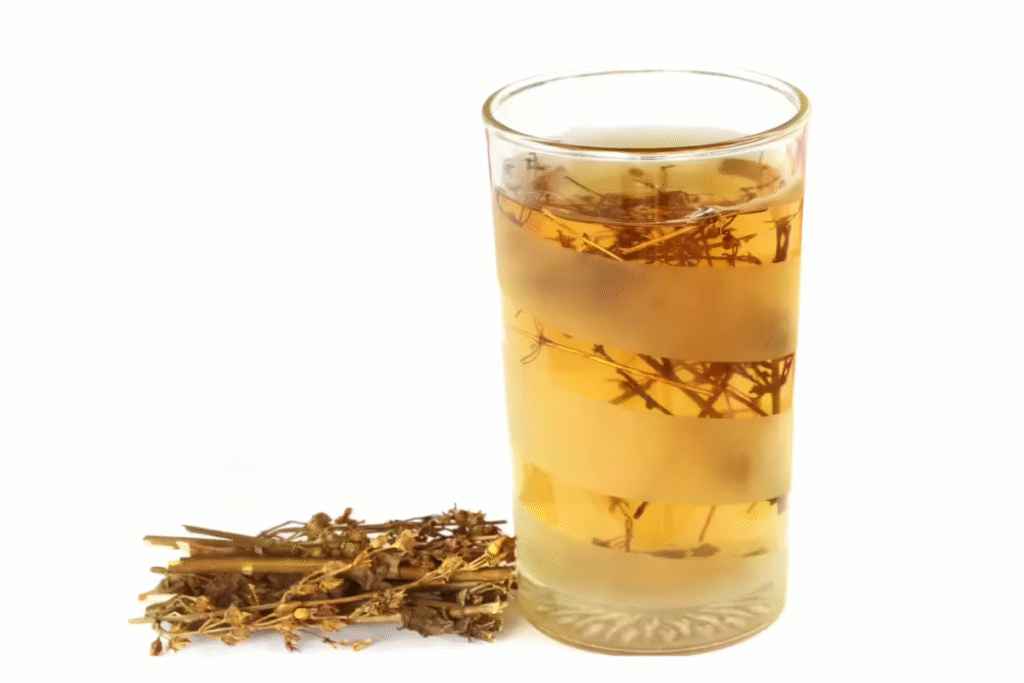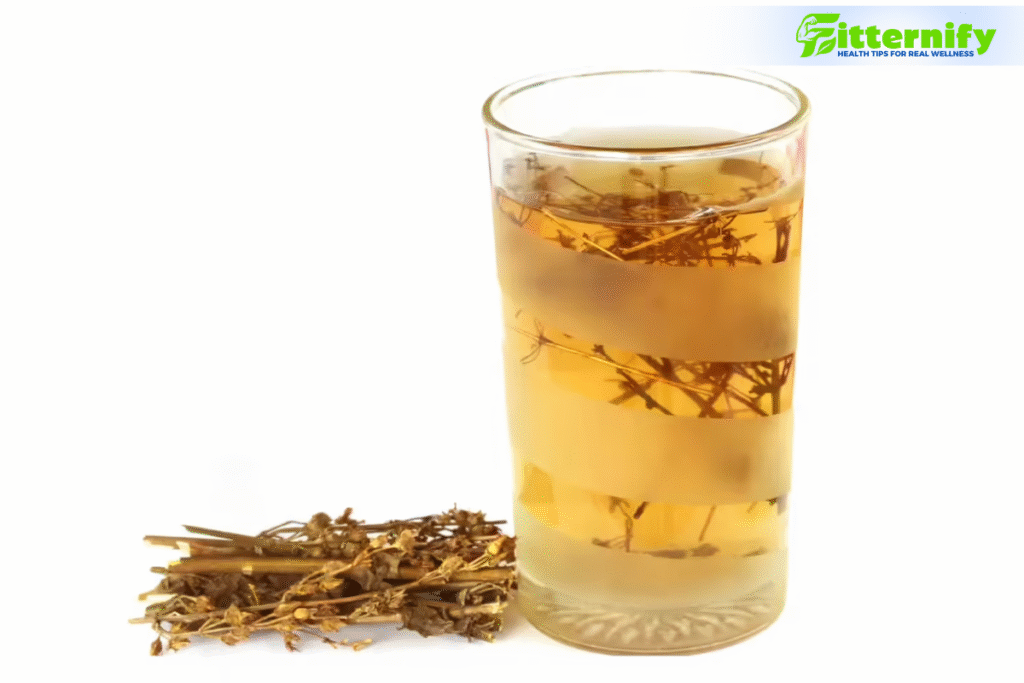We must all remember when our grandmother or mother pushed us to drink liquid gold for health. Every morning, We used to drink a glass of bitter Chirata blend. Have you ever wondered why? Our parents had us drink it. The answer is hidden in Ayurvedic literature, how to use chirata in diabetes which is nothing short of a treasure mine of miracles, with most natural therapies supported by science.


Chirata contains xanthones, alkaloids, and glycosides. They also include ophelic acid, chitin, stearic acid, oleic acid, and palmitic acid. In short, consuming 1-3 grams of Chirata daily has numerous advantages and can help you manage diabetes. Here’s all you need to know about Swertia, known as Chirata, and how this age-old substance can help with everyday ailments and diabetes symptoms.
Potential Benefits Of Chirata In Diabetes
Chirata is a high-potential herb that can aid with a variety of diseases. Mangiferin, an antioxidant found in Chirate, has antibacterial, anticancer, and immunomodulatory activities, among other things. Let’s look at the benefits of how to use chirata in diabetes.
1. Manages Diabetes
First and foremost, chirata’s excellent hypoglycemic property is critical in regulating blood sugar levels in the body. Taking chirata formulations activates insulin synthesis from beta-pancreatic cells. It reduces starch breakdown into glucose, resulting in low blood glucose levels and, ultimately, aids in diabetes management.
Chirata also aids in weight loss by increasing metabolism and burning more calories. It also helps to manage diabetes by enhancing insulin secretion and reducing oxidative stress in diabetic individuals due to its high antioxidant activity. Overall, Chirata powder is quite effective at managing diabetes.
2. Chirata For Improved Digestion
Chirata may aid with various digestive system issues, including gastritis, indigestion (an upset stomach), gas collection in the stomach, bloating, heartburn, and stomach discomfort. It also has laxative qualities, which aid with constipation. It is also effective for treating diarrhea.
3. Chirata For Skin
Chirata powder can also be used as a skin cream. This plant can be ground into a paste and used to treat skin conditions such as eczema, redness, irritated skin, and acne. The decoction made from Chirata may help treat skin rashes. Chirata may also relieve burning feelings, dryness, and itchy skin.
4. Chirata Against Parasites
Chirata may have anti-parasitic effects that can help eradicate helminths (parasitic worms) and other parasites. This plant may assist in eliminating roundworms, flukes, and tapeworms. Chirata may also alleviate symptoms of worm infections, such as diarrhea and liver damage.
5. Chirata For Central Nervous System
Chirata produces a metabolite known as Swertiamarin, which alleviates acute stress and anxiety due to its effects on the central nervous system. It is also beneficial for convulsions. Regular use provides relief from ongoing nerve discomfort.
6. Chirata For Fever
Chirata may assist in lowering body temperature during a fever. Chirata’s effect on fever may be comparable to paracetamol. Chirata also helps to fight fever-causing viruses and germs, which reduces fever symptoms and allows you to recover more quickly.
How To Use Chirata In Diabetes
The exact healing dose of chirata varies from person to person, based on the patient’s age, severity, and condition. An Ayurveda doctor or practitioner must be consulted since they will extensively evaluate the indications and recommend the most efficient dosage for a given time.
In general, you can use the following Chirata powder formula for diabetes:
- Mix 1-3 grams of Chirata Powder into a glass of lukewarm water until thoroughly combined.
- Drink this blend twice a day regularly.
Chirata is also available in capsule and tablet form.
- As before, take one Chirata Tablet/Capsule twice each day.
Chirata Side Effects
Chirata is a bitter herb with powerful bioactive components, and no adverse effects have been reported when used in the proper dosage. However, too much of it can cause vomiting, hypoglycemia, and other symptoms such as dizziness and numbness of the hands and feet. If you experience any of the symptoms listed above, stop using Chirata since you may have overdosed and contact your doctor right away.
Conclusion
This blog has addressed the several advantages of how to use chirata in diabetes. It has a potent anti-parasitic effect that treats fever and malaria. Chirata also has complete hepatoprotective and Hepatostimulative characteristics, making it a miracle remedy for jaundice primarily affecting the liver. Chirata is an expert in diabetes management; it has antioxidants, antimicrobials, and anti-inflammatory qualities and purifies the blood. We hope you find this helpful in your health journey.



